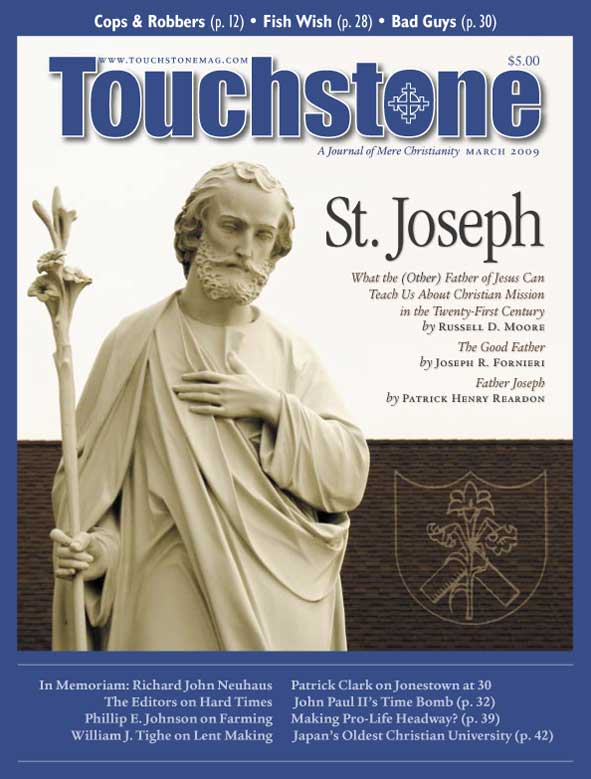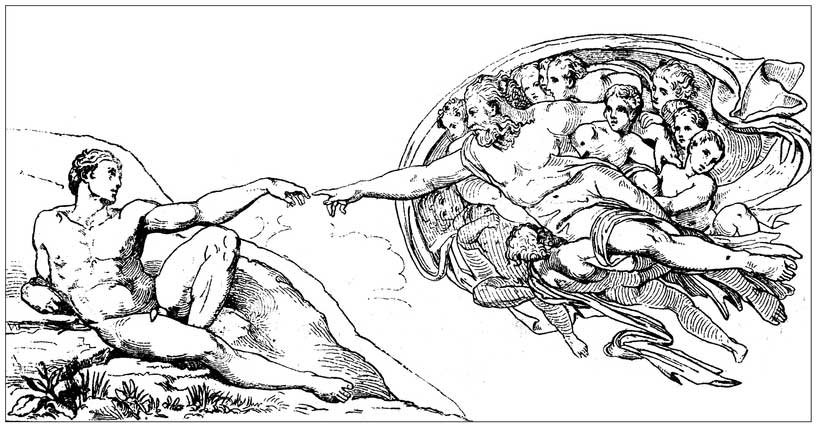Thought for Food
One evening in late November, my wife and I were browsing through the fare on the San Francisco public television station when we found ourselves at the beginning of an episode of Bill Moyers’ Journal. We do not ordinarily watch Moyers, but we were pleased to see that Moyers’s guest that evening was Berkeley journalism professor Michael Pollan, whose article on food policy, whimsically titled “Farmer in Chief,” we had admired when we read it online in the October 9 issue of the New York Times Sunday Magazine.
The article was in the form of an open letter to the winner of the then-upcoming presidential election. Pollan’s starting point was that, although agriculture had not been a subject of debate in the campaign, the new president would soon learn that reform of our nation’s dysfunctional and vulnerable system of industrial agriculture was an essential part of any program initiated to solve the problems that the candidates did address, including national security, energy independence, skyrocketing health care costs, and environmental protection.
According to Pollan, the underlying weakness that makes it impossible to continue our existing food production system is that, although everything we eat comes ultimately from photosynthesis (the natural chemical process by which plants use the sun’s energy to convert atmospheric carbon to oxygen and food), industrial agriculture has become dependent upon the consumption of fossil fuels—for fertilizers, insecticides, farm machinery, and the transportation of food from farms to distant processing plants and markets. When we promote solar power, we ought to begin not just with innovative ways of producing electricity, but also with the re-solarizing of agriculture, that is, with a return to sustainable ways of producing food by abandoning crop monocultures and gigantic animal feedlots.
THIS ARTICLE ONLY AVAILABLE TO SUBSCRIBERS.
FOR QUICK ACCESS:
Phillip E. Johnson is Professor of Law (emeritus) at the University of California at Berkeley. He is the author of Darwin on Trial, The Wedge of Truth, The Right Questions (InterVarsity Press), and other books challenging the naturalistic assumptions that dominate modern culture. He is a contributing editor of Touchstone.
subscription options
Order
Print/Online Subscription

Get six issues (one year) of Touchstone PLUS full online access including pdf downloads for only $39.95. That's only $3.34 per month!
Order
Online Only
Subscription

Get a one-year full-access subscription to the Touchstone online archives for only $19.95. That's only $1.66 per month!
bulk subscriptions
Order Touchstone subscriptions in bulk and save $10 per sub! Each subscription includes 6 issues of Touchstone plus full online access to touchstonemag.com—including archives, videos, and pdf downloads of recent issues for only $29.95 each! Great for churches or study groups.
Transactions will be processed on a secure server.
more from the online archives
calling all readers
Please Donate
"There are magazines worth reading but few worth saving . . . Touchstone is just such a magazine."
—Alice von Hildebrand
"Here we do not concede one square millimeter of territory to falsehood, folly, contemporary sentimentality, or fashion. We speak the truth, and let God be our judge. . . . Touchstone is the one committedly Christian conservative journal."
—Anthony Esolen, Touchstone senior editor









